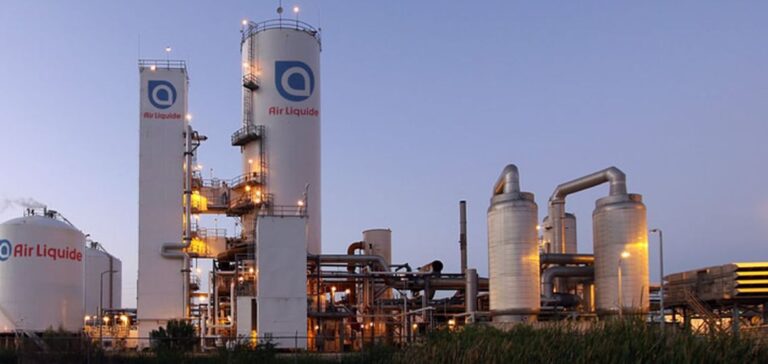Europe is set to unveil a new strategic framework on Wednesday aimed at supporting industrial competitiveness and transformation. The “Clean Industrial Pact” is expected to include measures to promote decarbonisation and curb the continent’s industrial decline. For Air Liquide, this programme represents a key prospect for its business and that of its clients.
A framework awaited by the industry
During the presentation of the group’s 2024 results, François Jackow, Chief Executive Officer of Air Liquide, emphasised the importance of this initiative for European industry. “We expect a number of directions, possibly simplifications, and perhaps stronger support for a decarbonised industry,” he stated. The executive stressed that these guidelines could influence industrial strategies by facilitating the adoption of new low-carbon technologies.
Ongoing investments in Europe
Air Liquide plays a central role in the industrial gas sector, serving clients across industries ranging from food processing to electronics, chemicals, and refineries. The group has already launched projects to support industrial transition, particularly in low-carbon hydrogen. Currently, seven electrolysers are under construction or operational in Europe to produce hydrogen that meets emissions reduction targets.
Uncertainty in the U.S. market
Outside Europe, the situation is more complex. In the United States, prospects for low-carbon hydrogen have been weakened by shifts in political priorities. “These are probably the projects with the least visibility,” François Jackow stated, referring to the seven “hydrogen hubs” announced under the Biden administration. Five of them are linked to renewable energy, a sector receiving less support since Donald Trump took office.
A major project awaiting validation
Despite these uncertainties, Air Liquide remains confident about its involvement in a large-scale project in Texas in partnership with ExxonMobil. Announced last summer and valued at $850 million, the initiative aims to produce low-carbon hydrogen. A decision is expected in the second half of the year, but the group believes its economic viability and federal and local support argue in favour of its implementation.






















